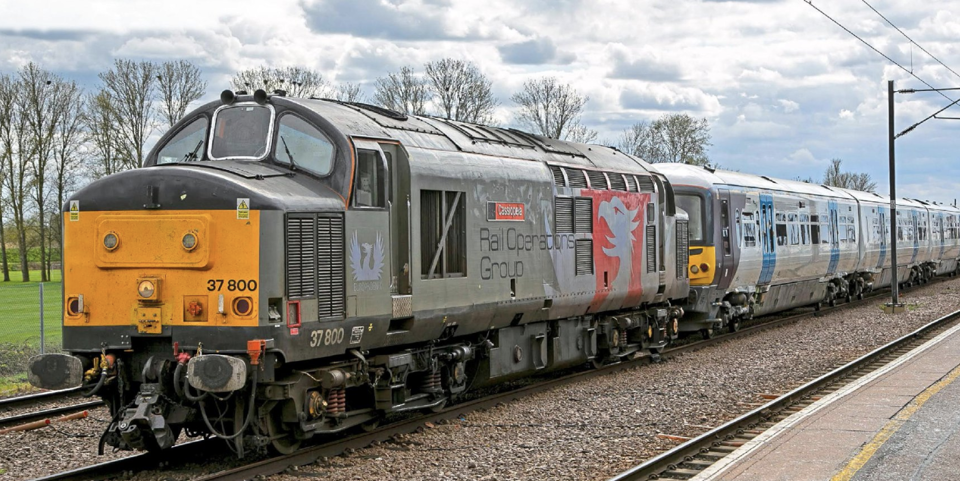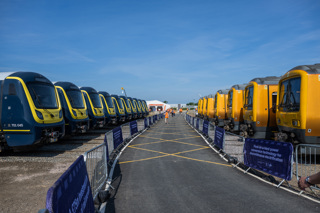Buying new trains is an expensive, long-term business. It can also be a lucrative one, as evidenced by the dominance of major international financial institutions and pension funds in the British rolling stock market.
But what happens when the landscape changes and that long-term investment is disrupted by the earlier-than-expected replacement of train fleets?
Since privatisation in the mid-1990s, most train operating company (TOC) franchises have lasted around five to seven years - considerably less than the 30-year expected lifespan of a typical passenger train.
Rolling stock leasing companies (ROSCOs) were created to overcome this, shifting responsibility for investment and long-term care away from the ephemeral TOCs.
Until the mid-2010s, the ROSCOs generally ‘made hay while the sun shone’, taking advantage of growing passenger demand and expanding services to find homes for their rolling assets - in some cases, well beyond their expected design lives.
But from around 2016 onwards, a glut of new train orders led to the original three ROSCOs (Porterbrook, Eversholt and Angel Trains) being joined by newcomers backed by pension funds, venture capitalists and international banks, and all keen to secure a slice of the business.
Read this article in full in RAIL issue 986 here
To read all our magazine articles, choose from either a Digital Edition Membership from just 99p for your first month, or a Print & Digital Edition package from just £9.50 per month. Choose your Membership here


















Login to comment
Comments
No comments have been made yet.